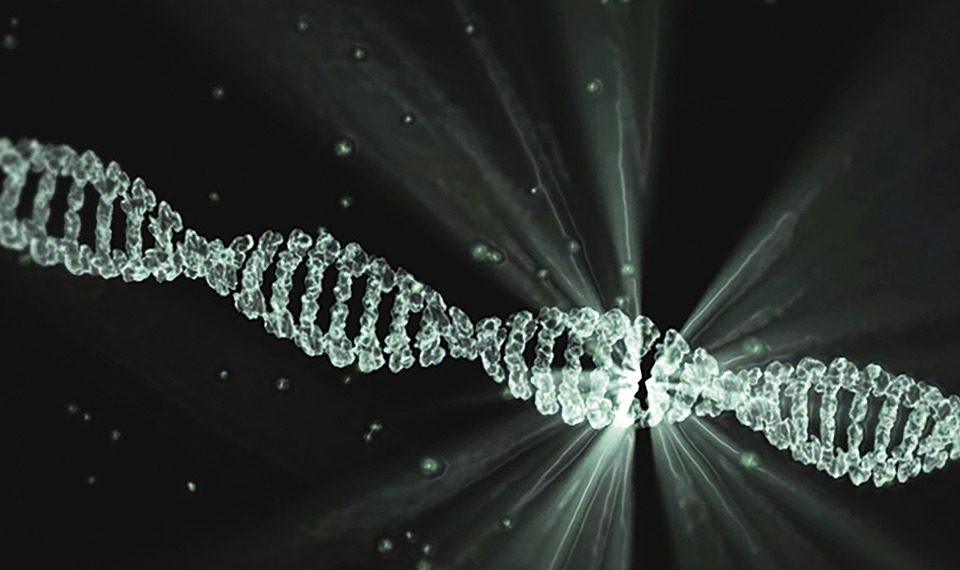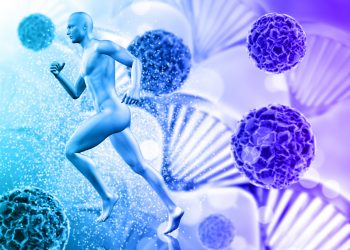DNA repair is one of those incredible processes happening in your body every second. It’s like an unseen superhero, tirelessly working behind the scenes to protect your genetic material from damage. Why should you care? Because understanding DNA repair isn’t just about science; it’s about your health, longevity, and well-being.
In this article, we’re diving deep into the captivating world of DNA repair. You’ll discover facts that might just change the way you think about your body and its amazing capabilities. This isn’t just for the science buffs; it’s for anyone who wants to appreciate the intricate dance of life happening within them.
Contents
What Is DNA Repair?
At its core, DNA repair is the process by which cells identify and fix damage to the DNA molecules that encode their genome. This damage can arise from various sources, including environmental factors like UV light, radiation, and chemical exposure, as well as from normal cellular processes.
Why does it matter? Because when DNA is damaged and not repaired, it can lead to mutations, which may contribute to diseases such as cancer. Your body has an arsenal of repair mechanisms, and understanding them empowers you to take charge of your health.
1. Your Body Is Constantly Under Attack
Did you know that your DNA is bombarded by thousands of damaging agents every single day?
- UV Radiation: Just a little sun exposure can cause thymine dimers, where DNA bases bond incorrectly.
- Pollution: Everyday pollutants can create oxidative stress, damaging your DNA.
- Diet: Some foods, when metabolized, can lead to the formation of DNA-damaging substances.
Your body is a battleground, but fear not—it’s equipped for the fight.
2. There Are Different Types of DNA Repair Mechanisms
Not all damage is created equal, and your body recognizes that. Here are a few primary repair mechanisms:
- Base Excision Repair (BER): This handles small, non-helix-distorting base lesions. Think of it as a meticulous editor, correcting typos in your genetic text.
- Nucleotide Excision Repair (NER): This one tackles bulky DNA adducts and is vital for repairing UV-induced damage. It’s like a housekeeper, tidying up the mess.
- Mismatch Repair (MMR): This corrects errors that occur during DNA replication. This mechanism ensures fidelity, maintaining the integrity of your genetic information.
Each mechanism plays its unique role in keeping your genetic material intact.
3. Aging and DNA Repair
As you age, the efficiency of your DNA repair mechanisms tends to decline. This is crucial because:
- Increased Mutation Rate: With a slower repair process, your cells might accumulate mutations more rapidly.
- Increased Cancer Risk: Aging cells with unrepaired DNA can lead to a higher risk of cancer.
However, understanding this can empower you. Emphasizing a healthy lifestyle—rich in antioxidants, for example—can help support your body’s repair systems.
4. Lifestyle Choices Impact DNA Repair
Your choices matter! Research shows that nutrition, exercise, and even stress levels can influence DNA repair.
- Antioxidant-rich foods: Fruits and vegetables like berries, spinach, and nuts can boost your body’s antioxidant defenses.
- Regular exercise: Engaging in physical activity has been linked to improved DNA repair efficiency.
- Stress management: Chronic stress can impair your body’s ability to repair DNA. Practices like meditation may help.
Taking control of these aspects can enhance your DNA repair capabilities and overall health.
5. The Role of DNA Repair in Cancer Treatment
DNA repair is not just a cellular function; it’s also a focal point in cancer therapy. Understanding how cancer cells utilize DNA repair mechanisms can guide treatment strategies.
- Targeting Repair Mechanisms: Some therapies aim to inhibit the DNA repair pathways in cancer cells, making them more susceptible to treatments like chemotherapy and radiation.
- Personalized Medicine: Genetic testing can determine the efficacy of certain treatments based on an individual’s DNA repair capacity.
Your understanding of DNA repair can empower you to engage in conversations about your health options.
6. The Fascinating World of Epigenetics
Epigenetics is an emerging field that studies how your environment and lifestyle can influence your genes without changing the DNA sequence itself. What does this have to do with DNA repair?
- Environmental Influence: Factors like diet, stress, and toxins can lead to epigenetic changes that affect your DNA repair efficiency.
- Potential for Reversal: Some epigenetic changes can be reversed, which opens up exciting possibilities for preventing disease.
Your lifestyle choices can directly affect how your DNA functions, emphasizing the interconnectedness of body and environment.
7. DNA Repair and Longevity
A growing body of research suggests that effective DNA repair mechanisms are linked to longer lifespans.
- Telomeres: These protective caps on your chromosomes shorten with age and stress. Efficient DNA repair can help maintain their length, contributing to cell longevity.
- Healthy Aging: By nurturing your DNA repair systems through diet, exercise, and stress management, you may improve your chances of living a longer, healthier life.
Investing in your DNA repair is an investment in your future.
Bottom Line
Understanding DNA repair is not just for scientists; it’s a powerful tool in your health arsenal. Recognizing the complexities of this process can motivate you to make lifestyle changes that enhance your body’s ability to heal and thrive.
Take charge! Embrace a lifestyle that supports your DNA repair systems, and you may just find yourself living your best life—one that’s vibrant, healthy, and long.
FAQs
Q: How can I boost my DNA repair?
A: Focus on a balanced diet rich in antioxidants, regular exercise, and stress management techniques.
Q: Can DNA repair mechanisms be enhanced through supplements?
A: Some research suggests that certain supplements, like antioxidants, may support DNA repair, but always consult with a healthcare provider before starting any new regimen.
Q: Does DNA repair decline with age?
A: Yes, the efficiency of DNA repair mechanisms can decline as you age, leading to increased mutation rates and risks of diseases.
Embrace the knowledge you’ve gained today. Share it, live it, and take the reins of your health journey!
Get Your FREE Natural Health Guide!
Subscribe now and receive our exclusive ebook packed with natural health tips, practical wellness advice, and easy lifestyle changes — delivered straight to your inbox.














